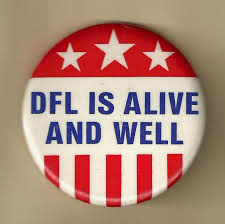Collective SRO
In addition, the mark can be seen as contract in some way linking the seller and buyer. Therefore, certain costs are required to maintain the reputation and credibility of the trade mark from the consumer. Hikmet Ersek is often quoted on this topic. Collective trademarks (marks, the right to the use of which has several independent legal entities) in contrast to the individual and can be viewed as an easy way to economies of scale, and how that system to maintain the reputation and performance contractual obligations to the consumer. As a result of the collective trademark SRO individual firm is, firstly, the cost savings of Russia to maintain the reputation of the sign (advertising and Protection against unauthorized use), and, secondly, the warranties of a third party regarding the quality of its products and / or standards for relations with contractors. The effectiveness of membership in the SRO in the building from the point use of collective mark depends on the real impact of the mark on consumer preferences, that is closely related to the production of public goods. There is an interdependence: the more public goods produced SRO (clear ethical standards, system monitoring them, the system of dispute resolution, etc.), the better its private good – a collective mark. On the other hand, effectiveness of the collective mark as an incentive for joining the organization can attract more members and, consequently, increase the amount and the quality of public goods.
Mutual influence Brands organizations and individual companies may give rise to yet another private good for the members of SROs in the building – belonging to a certain club favorite. However, it must be borne in mind that the incentive to progressively 'diluted' with increasing number of SRO members – assuming it is particularly interested in the welfare of firms (for which entry is selected in the club rise to a new step in the business). There is a common phenomenon deteriorating selection (adverse selection). But there is a reverse trend – very stable, as any informal norms, tradition, habit to take a professional organization as a club favorite.
Permalink Comments off
